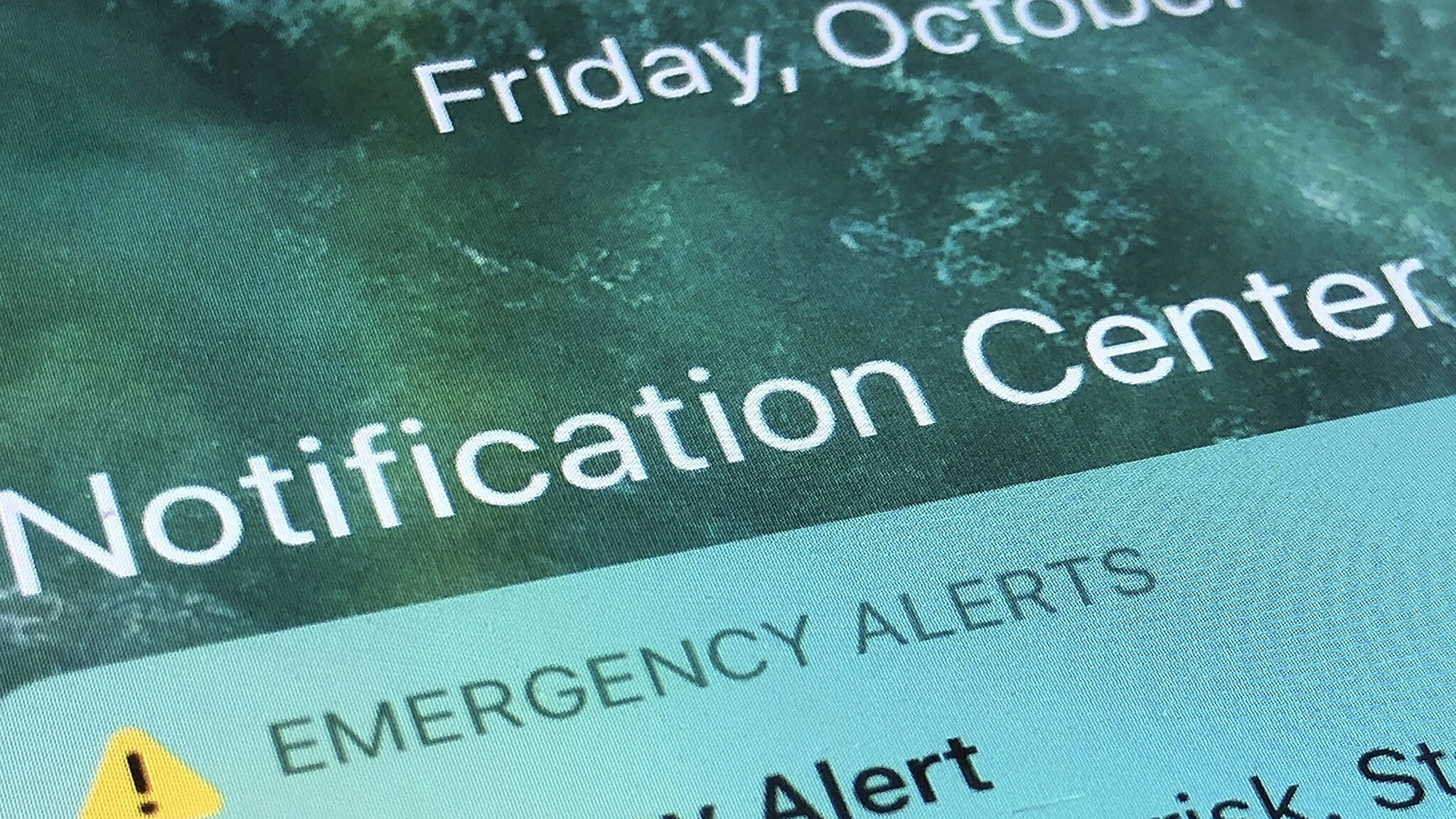“THIS IS A TEST”: If you have a cellphone or are watching television Wednesday, that message will flash across your screen as the federal government tests its emergency alert system used to tell people about emergencies.
The Integrated Public Alert and Warning System sends out messages via the Emergency Alert System and Wireless Emergency Alerts.
The Emergency Alert System is a national public warning system that’s designed to allow the president to speak to the American people within 10 minutes during a national emergency via specific outlets such as radio and television. And Wireless Emergency Alerts are short messages — 360 characters or less — that go to mobile phones to alert their owner to important information.
While these types of alerts are frequently used in targeted areas to alert people in the area to thing like tornadoes, Wednesday’s test is being done across the country.
The test is slated to start at 10:20 p.m. Alaska Time on Wednesday. Wireless phone customers in the United States whose phones are on will get a message saying: “THIS IS A TEST of the National Wireless Emergency Alert System. No action is needed.” The incoming message will also make a noise and the phone should vibrate.
Customers whose phones are set to the Spanish language will get the message in Spanish.
The test will be conducted over a 30-minute window started at 10:20 p.m., although mobile phone owners would only get the message once. If their phones are turned off at 10:20 p.m. and then turned on in the next 30 minutes, they’ll get the message when they turn their phones back on. If they turn their phones on after the 30 minutes have expired they will not get the message.
People watching broadcast or cable television or listening to the radio will hear and see a message lasting one minute that says: “This is a nationwide test of the Emergency Alert System, issued by the Federal Emergency Management Agency, covering the United States from 14:20 to 14:50 hours ET. This is only a test. No action is required by the public.”
Federal law requires the systems be tested at least once every three years. The last nationwide test was Aug. 11, 2021.
The test has spurred falsehoods on social media that it’s part of a plot to send a signal to cellphones nationwide in order to activate nanoparticles such as graphene oxide that have been introduced into people’s bodies. Experts and FEMA officials have dismissed those claims but some social media say they’ll shut off their cellphones Wednesday.

